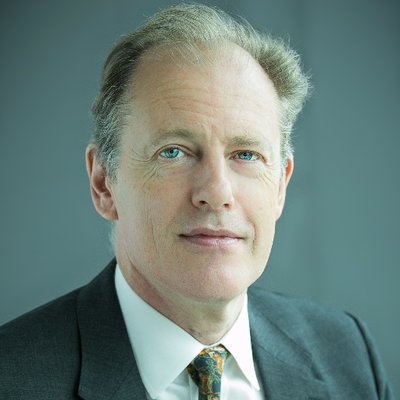News
UN seeks to put human rights experts into new Sahel force

(Photo: Andrew Gilmour/Twitter)” width=”400″ height=”400″ />
Assistant Secretary-General Andrew Gilmour, the deputy human rights chief who recently visited Mali, said Friday that he told senior military officials from the five countries that protecting human rights “can help unlock” funding for the force. (Photo: Andrew Gilmour/Twitter)The United Nations is seeking to put human rights advisers and monitors into the 5,000-troop African force that is charged with fighting extremists in western Africa’s vast Sahel region.
Assistant Secretary-General Andrew Gilmour, the deputy human rights chief who recently visited Mali, said Friday that he told senior military officials from the five countries that protecting human rights “can help unlock” funding for the force.
The so called “Group of Five” or G5 nations — Mali, Niger, Burkina Faso, Mauritania and Chad — have been grappling with a growing menace from extremists, including the Islamic State group, Boko Haram and groups linked to al-Qaida’s North Africa branch.
Gilmour said his office is preparing proposals for the force on protecting human rights which he hopes to send in the next few days.
He noted that there is a major donors’ conference for the G5 force in Brussels on Dec. 14, and there have been concerns about funding because of uncertainty over its commitment to human rights.
“We told the G5 and the Malians, ‘look, if you work with us with what we call a compliance framework then … it’s more likely to get funding for you because the donors will be happier to give money if they think that we are working with you to try to prevent human rights abuses,”’ Gilmour said.
He said “we got a very positive reaction from the G5 and the Malians.”
The framework includes vetting potential troops before deployment to ensure they are not rights violators and requiring that rules of engagement meet human rights requirements including on dealing with sexual violence, use of force, and interactions with children, Gilmour said.
It also includes establishing a human rights investigation unit and measures to hold alleged perpetrators accountable, he said, and the monitoring of G5 actions on protection.
Gilmour said the estimated cost for the U.
N.’s rights component for the G5 is in the region of $7 million for the first year. It would include assistance in training and advising troops, setting up monitoring and investigation and accountability operations, he said.





















